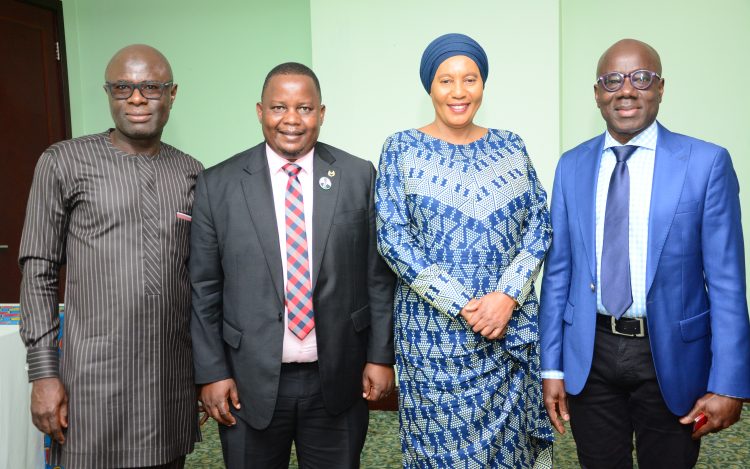Overview This initiative was started through a partnership with the World Bank which led to the formation of the West African Association of Public Accounts Committees (WAAPAC). WAAPAC was born out of the realization that with a common platform for knowledge exchange and peer learning, Public Accounts Committees (PACs) would be able to build and enhance their […]
Overview The project is an extension on work done by the VakaYiko Consortium (2013-2017). The DFID funded Building Capacities to Use Research Evidence (BCURE) project which was implemented by the Vaka Yiko consortium supported public institutions in low and middle-income countries to develop skills, knowledge and systems to improve the use of evidence in decision making. As[…]
Overview The project was developed under the French Embassy in Ghana’s call to strengthen the professional skills of Civil Society Organizations (CSOs) in Ghana within the context of how CSOs could contribute to good governance. ACEPA’s project in this regard, aimed to engender effective citizens’ participation and representation in governance and decision-making processes in the Northern, Upper[…]
Overview The Inclusive Legislatures for Gender-Responsive Policies (ILGRP) Project is a 4-year Government of Canada funded program implemented in partnership with African Centre for Parliamentary Affairs, Ghana, together with Parliamentary Centre, Canada. The project seeks to improve the effectiveness of elected officials in Ghana and Togo, to advance inclusive and gender responsive laws, policies and budgets as[…]
Overview Despite the efforts of the Ramsar Convention to sensitize all stakeholders for the wise use of wetlands within the framework of the sustainable development, some key stakeholders seem far from the implementation of the Ramsar COP resolutions at the national level. This is the case of parliamentarians and parliamentary staff who are responsible for monitoring the[…]
Overview Accountability is the cornerstone of good governance. Unless public officials can be held to account, critical benefits such as social justice, poverty reduction, and development, generally associated with good governance will be elusive. “Social accountability” refers to the wide range of citizen and civil society organization (CSO) actions to hold the state to account, as well[…]
Overview Comprehensive data for monitoring the progress of the Sustainable Development Goals’ (SDGs) implementation is crucial to enable parliaments to perform their oversight and accountability role effectively and ensure no part of the country is left behind. The Data for Accountability Project (DAP), led by the African Centre for Parliamentary Affairs, in partnership with the Ghana Statistical[…]
Overview The “Support to African Parliamentarians Association for Human Rights (AfriPAHR) to advance issues of Freedom of Religion or Belief in Africa” is a collaborative project among three partners through which the African Centre for Parliamentary Affairs, Ghana provides technical and secretariat support to AfriPAHR in partnership with the International Panel of Parliamentarians for Freedom of Religion[…]
Overview The project to support the Parliament of Djibouti was implemented in 2017. It was designed to help enhance the capacity of Parliamentarians of the Djibouti Parliament in undertaking their role, preparing and reviewing laws, implementing the budget, and contributing to an open and collaborative process. Interventions Some of the key activities included: Development of knowledge reference[…]
Overview The focus of this project was to provide a series of training for MPs and Staff of the Pan Africa Parliament (PAP) in Results Based Management. This was to enable the institution demonstrate results through the adoption of better management practices. The adoption of Results-Based Management practices by PAP was to provide the framework to set[…]


